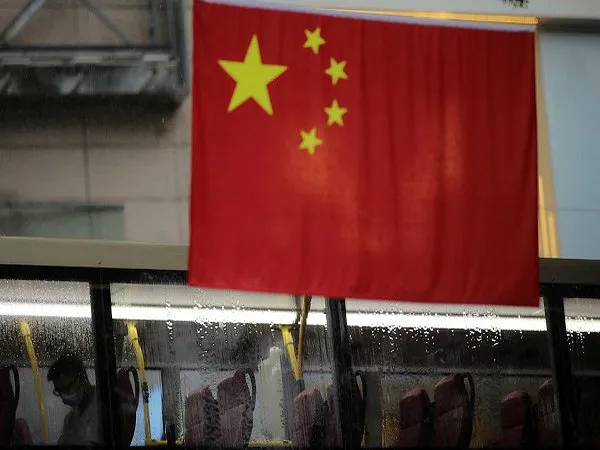China’s worst heat wave in six decades is deepening the economic challenges of the country. The Chinese officials have warned that the country may miss its 5.5 per cent growth target for the year. China’s economic growth slows to 0.4 per cent, The Washington Post reported.
Earlier today, National Development and Reform Commission Spokesperson said that China was having to rely more on coal for power because the heat wave and drought were significantly reducing hydropower output.
As climate change worsened the heat waves are also expected to become increasingly common in China.
Eleven provinces currently have warnings in place for temperatures above 104 degrees Fahrenheit. Chongqing, a self-administered city surrounded by Sichuan province, reached a record 112.1 degrees over the weekend, with highs over 104 degrees forecast to continue for about another week, according to The Washington Post.
China, the world’s largest emitter of carbon dioxide, has sought to present itself as a global leader in climate action, touting its shift toward electric vehicles and other measures. But the country has continued to build new coal-fired power plants. This month, Beijing suspended bilateral climate talks with the United States in retaliation for House Speaker Nancy Pelosi’s trip to Taiwan.
China’s Sichuan province has become an international manufacturing hub in recent years because of its lower production costs compared with coastal areas and recently, in July, it marked its highest single month of electricity consumption.
Tongwei Solar, the world’s largest producer of crystalline silicon solar cells, has experienced interruptions at its three production bases in Sichuan, a public relations officer of the company told The Washington Post by telephone, declining to give his name.
“Now we are cooperating with relevant government departments to adjust energy consumption in an orderly way and are still assessing specific impacts,” he said as quoted by The Washington Post.
Foxconn, a major assembler for Apple, told the China Securities Journal that the “effect would not be large for the company’s operations.” Foxconn produces some Apple products, such as iPads and Macs, in Sichuan.
Meanwhile, China released its latest economic data, for July, on Monday, which showed unemployment rates rising and the economic recovery slowing as new coronavirus outbreaks and the heat wave took their toll. Youth unemployment rose to a record 19.9 per cent.
Chinese local media portal Global Times while citing the Ministry of Education noted that the number of college graduates in 2022 is expected to reach 10.76 million, exceeding 10 million for the first time, which is 1.67 million more than in 2021.
The surveyed urban unemployment in July was 5.4 per cent, down 0.1 percentage points compared with the previous month, Fu Linghui, a spokesperson from the NBS, said during a press conference.
Meanwhile, Urban unemployment stood at 6.1 per cent in April, followed by 5.9 per cent in May, and 5.5 per cent in June.

